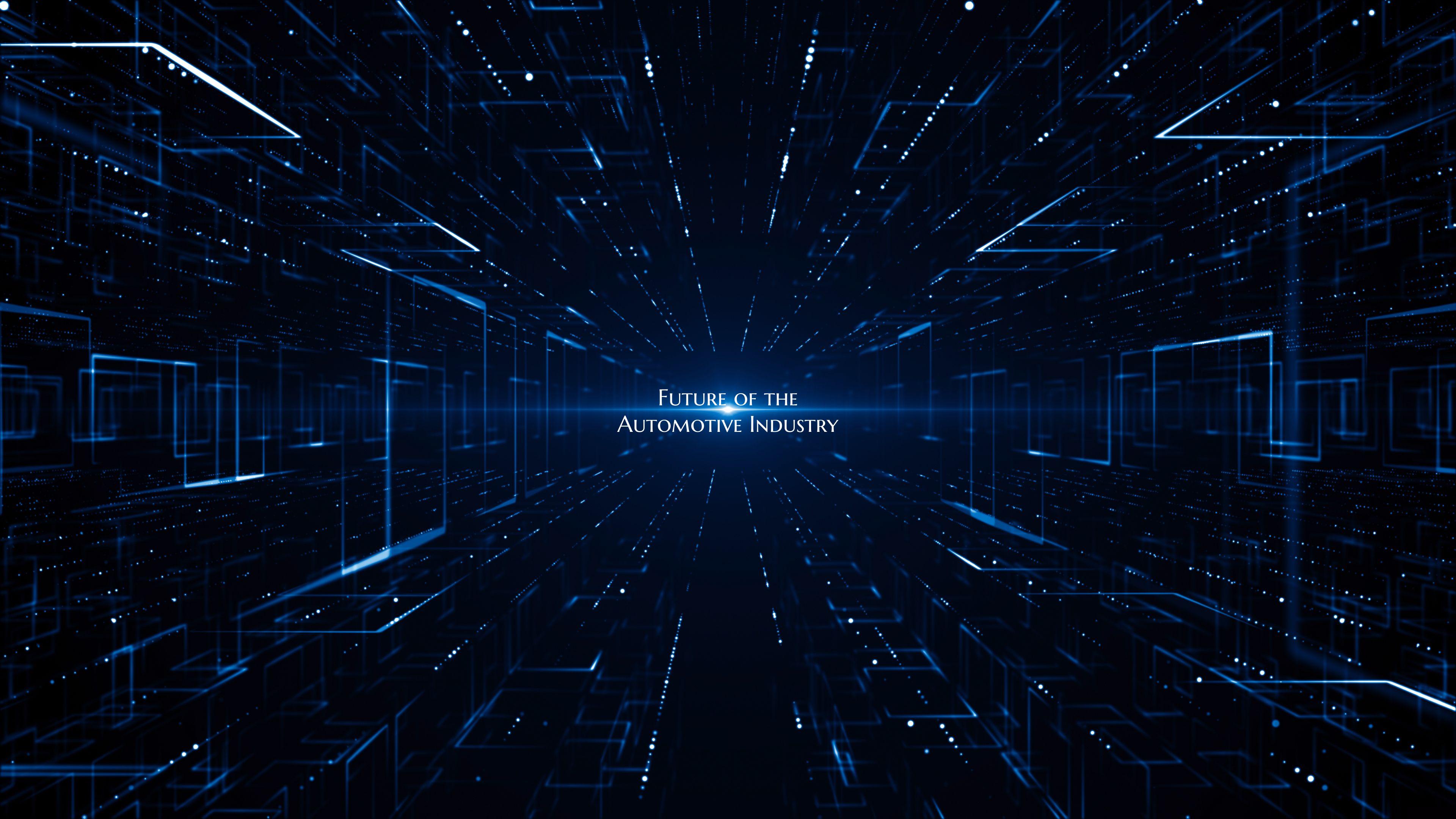Future of the Automotive Industry
As we stand on the cusp of a new era, the automotive industry finds itself at a pivotal junction, poised for unprecedented transformation. The convergence of cutting-edge technologies, changing consumer behaviors, and global sustainability challenges are reshaping the very fabric of the automotive landscape. In this dynamic environment, a realm of possibilities and challenges awaits, defining the future trajectory of the industry.
1. Electrification Revolution: One of the most significant shifts unfolding in the automotive industry is the electrification of vehicles. With a concerted global push towards reducing greenhouse gas emissions and combating climate change, electric vehicles (EVs) have emerged as a disruptive force. Major automakers are increasingly investing in electric mobility, driving innovation in battery technology, charging infrastructure, and sustainable manufacturing practices. The proliferation of EVs heralds a new era of cleaner, quieter, and tech-savvy transportation systems.
2. Autonomous Driving: The concept of self-driving cars has evolved from science fiction to reality, with autonomous driving technologies set to revolutionize the way we commute. By integrating artificial intelligence, advanced sensors, and connectivity solutions, vehicles are becoming increasingly capable of navigating roads with minimal human intervention. The promise of enhanced safety, efficiency, and convenience is driving accelerated research and development in this domain, paving the way for a future where cars seamlessly communicate with each other and their surroundings.
3. Mobility as a Service (MaaS): The traditional model of car ownership is undergoing a paradigm shift, with the rise of Mobility as a Service (MaaS) platforms offering convenient and cost-effective alternatives to personal vehicle ownership. From ride-hailing services to car-sharing programs, MaaS solutions are reshaping urban transportation ecosystems, promoting shared mobility, and reducing congestion and pollution. As cities embrace smart mobility solutions, the boundaries between public and private transportation blur, ushering in a new era of mobility on demand.
4. Sustainable Practices: In an age of heightened environmental consciousness, sustainability has become a defining principle for the automotive industry. From eco-friendly production processes to recyclable materials and zero-emission vehicles, manufacturers are increasingly embracing sustainable practices across the value chain. The shift towards circular economy models, renewable energy sources, and eco-friendly design principles underscores a commitment to reducing the industry's carbon footprint and promoting a greener future for generations to come.
5. Digitalization and Connectivity: The era of connected vehicles is upon us, as cars evolve into intelligent, data-driven machines embedded with sensors, IoT devices, and real-time communication capabilities. From predictive maintenance and personalized services to enhanced safety features and seamless integration with smart infrastructure, digitalization is reshaping the automotive experience. As vehicles evolve into mobile data hubs, the potential for enhanced customer experiences, operational efficiency, and new revenue streams grows exponentially.
The future of the automotive industry is a convergence of innovation, sustainability, and adaptability. Navigating this transformative landscape requires a forward-thinking approach, a spirit of collaboration, and a relentless pursuit of excellence. As the industry evolves, embracing change, redefining boundaries, and anticipating emerging trends will be key to shaping a future where mobility is not just a mode of transportation but a catalyst for progress and sustainable development.

